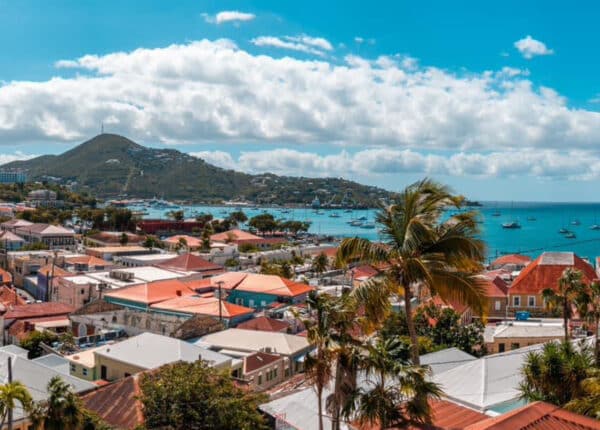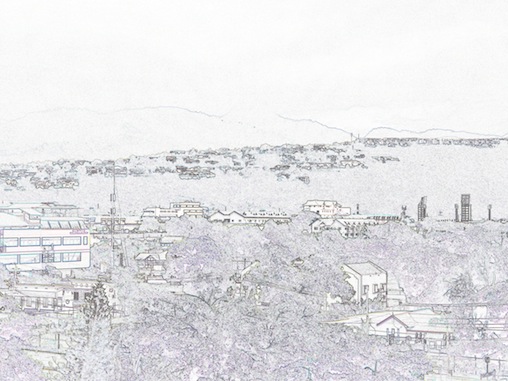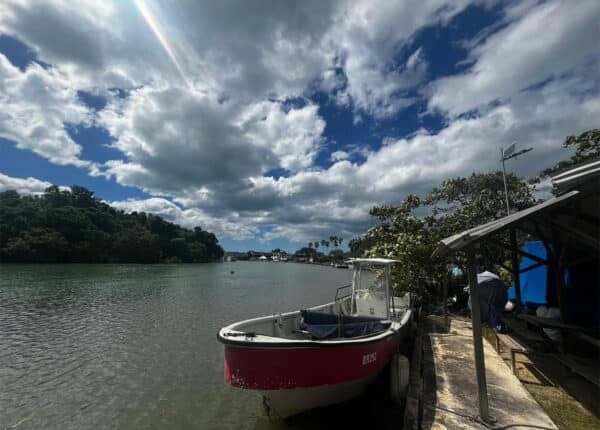By Dennis Chung
CJ Contributor
THERE ARE TWO THINGS of importance to Jamaica that occurred over the past two weeks which will have an effect on what happens to our economy going forward.
The first is the update on the state of the International Monetary Fund (IMF) negotiations provided by the government last Monday (Jan. 14, 2013) and the second is the report by IMF Chief Economist Olivier Blanchard, which says that the IMF’s austerity policies applied in Greece were miscalculated and made the situation worse.
These two statements are closely related, even though they relate to two different countries. This is because based on the approach the IMF seemingly wants Jamaica to take — increase in the primary surplus from 6.3 percent to 7.5 percent of GDP, increased taxes, and expenditure cuts — it hints at a similar austerity policy (that did not work in Greece).
My own view is that the increased primary surplus target is going to be extremely difficult to attain, and further expenditure cuts and tax increases will only pave the way for further economic contraction.
This is a view I have always espoused from the start of the recession (in Jamaica) in 2009. Since then we have had massive tax packages and the targets have not been achieved, understandably so, and, even more, the economy has contracted from the levels at that time.
Further, it was obvious that these same measures that were promoted in the 2010 IMF agreement, have had a significant effect on what is happening in Jamaica today. The fact is that the targets in that agreement was very unrealistic, and even more so today continue to be so.
This is why over the last two weeks I have written about the need to think about Jamaica without an IMF agreement, and what our alternatives are.
First let me pause to say that the update provided by the government was a step in the right direction, as any information is better than no information for markets. People can now plan whether to forge ahead with business activity, or make plans to scale them down.
It is important for us to remember that businesses don’t just plan to expand. They also plan to contract. I also want people to understand that the role of the private sector, in a properly functioning market, is to make decisions in the best interest of their shareholders. Not to act like charity organizations. When the private sector stops behaving like they should then I guarantee that economic activity will become inefficient and lead to decline. Government’s role is to create the environment where when they pursue their own interests it is in the best interest of the country, and people.
These points are what should guide the government’s policies going forward. That is if the IMF policies are so stringent that they are going to contract the economy significantly, then should we go ahead with it? We must remember that when economies contract, disposable incomes decline, unemployment increases and businesses fail. The cycle then starts again as a decline into the abyss. In short, we will become like an animal feeding on itself until there is nothing left.
The second consideration is that government needs to create the environment for businesses to do well. When businesses do well they hire more people, which creates more disposable income, and so the cycle continues to improve, as long as the appropriate fiscal policies are in place.
The fiscal challenge that the government faces is significant, and therefore one can understand the need to raise new taxes, or decrease expenditure to address the crisis. The fact, however, is that decreasing expenditure and increasing taxes will only lead to further decline unless the proper fiscal policies are put in place.
I believe that the right fiscal policies will start to see results in six to twelve months, but I fear the bureaucracy will prevent us it from happening. I said this in 2008, when former Prime Minister Bruce Golding at the time announced the stimulus package. Things move too slowly in Jamaica.
Another statement the government made, which is also commendable, is that they will do everything to protect the most vulnerable. Let us understand, however, that the only way to sustainably protect the vulnerable is to grow the economy.
It is always the holders of capital who get the benefit of money put in the economy and if they can’t get enough then money becomes inactive, which hurts the vulnerable most. So, again, if we do not do the necessary things to grow the economy then the number of vulnerable will increase and the pain will come back to them quickly.
The government is between a rock, a hard place and another hard place. In other words, they have very tough decisions to make, and if they make the wrong decisions, or those to only improve the fiscal accounts, then we will be back in this situation very soon.
Remember when the IMF agreement came in 2010 it was supposed to be the one to solve our problems, as all the other agreements before that. We need to listen to Blanchard. In short, the Keynesians have won, as they have the stimulus in China, US and Brazil as examples of success.
What we must also be aware of is that because we embarked on the 2010 agreement, and when it went into abeyance we took so long to act, then our options narrowed. There will be no way to avoid fiscal difficulties, and as far as I am concerned. Whatever path we choose the fiscal challenges will be there.
Government will have to make hard choices to continue to function as needed, but making the short term decision to increase taxes and reduce expenditure could make it worse.
I have my own views on what can be done to improve the fiscal accounts, bearing in mind that at this point the fiscal accounts will have short term challenges irrespective of the path chosen. So before we see an improvement, things will get worse, but the option we choose will determine how long we remain in a tough situation.
This is a time for unity and to support the government, especially as the Prime Minister has committed to continue to speak to the people.
Dennis Chung is a chartered accountant and is currently Vice President of the Institute of Chartered Accountants of Jamaica. He has written two books: Charting Jamaica’s Economic and Social Development – 2009; and Achieving Life’s Equilibrium – balancing health, wealth, and happiness for optimal living – 2012. Both books are available at Amazon in both digital and paperback format. His blog isdcjottings.blogspot.com. He can be reached at drachung@gmail.com.







